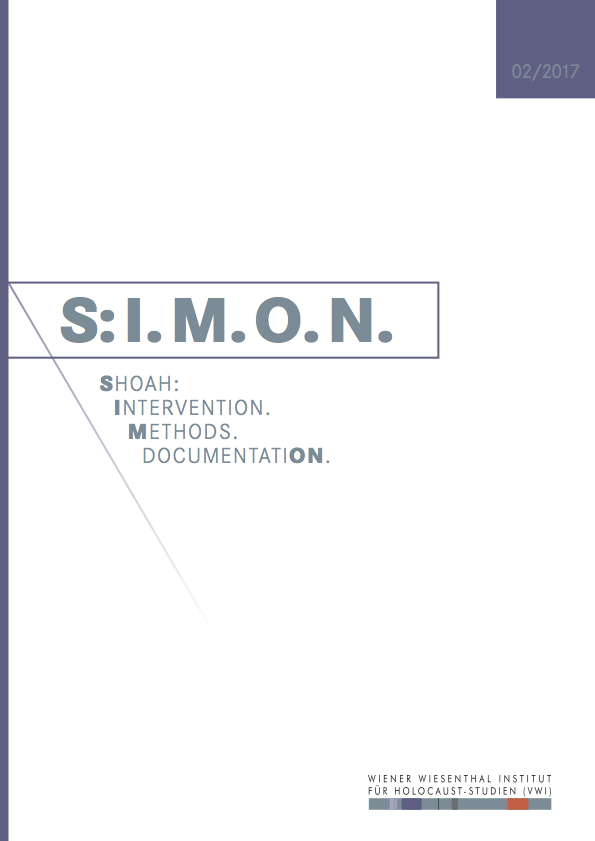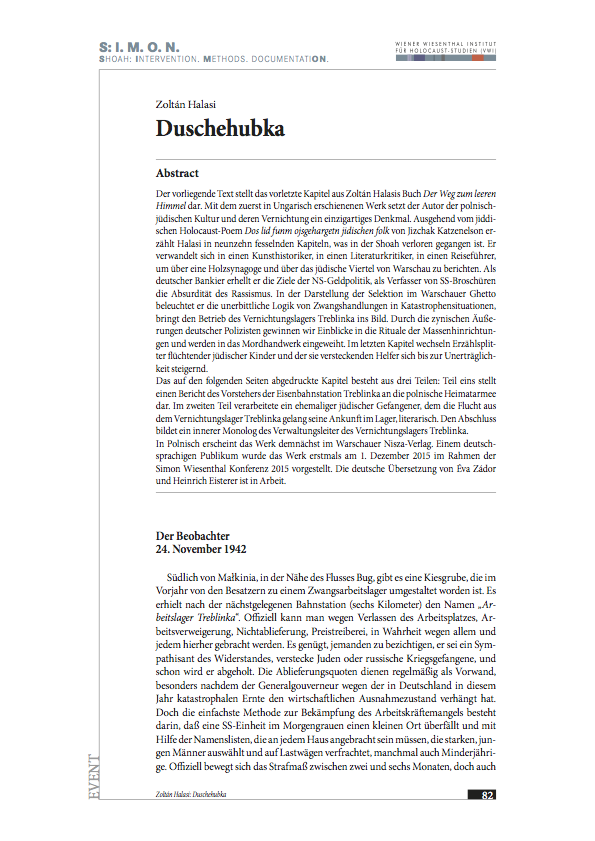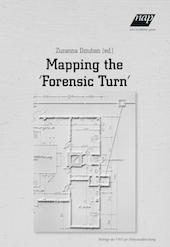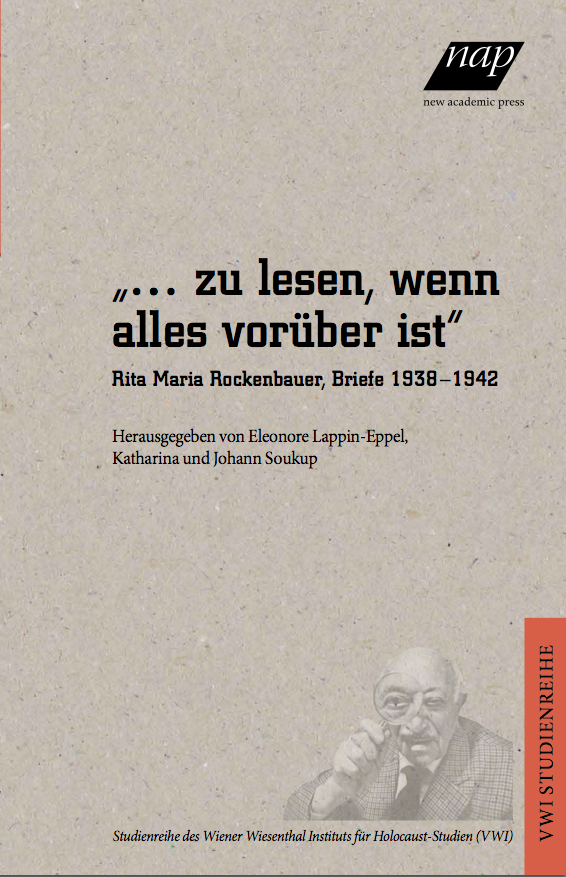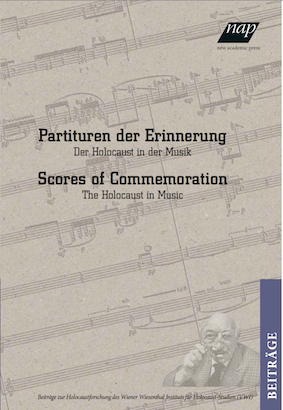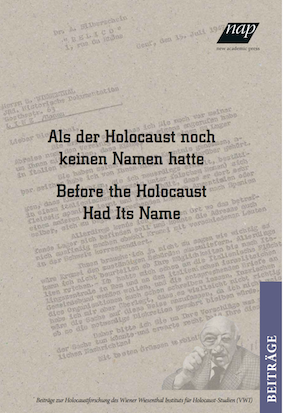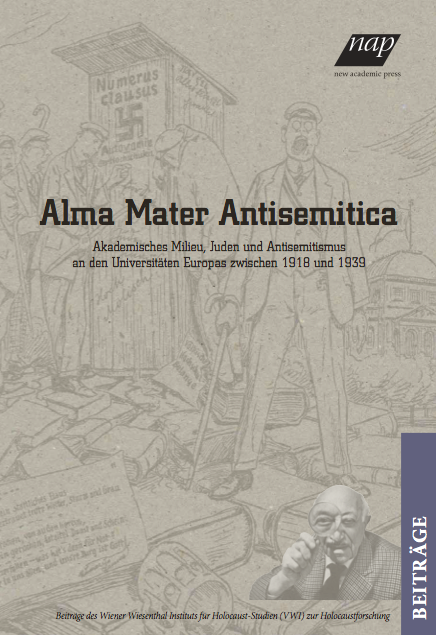Alma Mater Antisemitica.
Akademisches Milieu, Juden und Antisemitismus an den Universitäten Europas zwischen 1918 und 1939
Alma Mater Antisemitica.
Academic Milieu, Jews and Antisemitism at European Universities between 1918 and 1939
Das universitäre Milieu der Zwischenkriegszeit war in Mitteleuropa durch Antisemitismus und antijüdische Ausschreitungen gekennzeichnet: Obwohl die meisten europäischen Staaten jüdischen Studierenden und Professoren die Tore ihrer Universitäten nicht, wie das Deutschland tat, bereits 1933 verschlossen, führten sie verschiedene antisemitische Beschränkungen oder Regelungen ein. Judenfeindliche Artikel in der studentischen Presse, die Forderung nach einem Numerus clausus, Krawalle gegen jüdische Hörer und Hörerinnen sowie die Einführung einer antisemitischen Sitzordnung gehörten in den 1930er-Jahren zum universitären Alltag in vielen europäischen Staaten.
Die Beiträge dieses Bandes, zum Teil aus einem Workshop des Wiener Wiesenthal Instituts für Holocaust-Studien (VWI) 2012 hervorgegangen, behandeln einerseits die Träger, Formen und Motive des universitären Antisemitismus in der Zwischenkriegszeit, andererseits aber auch die jüdische und nichtjüdische Gegenwehr.
Regina Fritz ist Projektmitarbeiterin bei der Edition „Die Verfolgung und Ermordung der europäischen Juden durch das nationalsozialistische Deutschland 1933-1945 (VEJ)”, Grzegorz Rossoliński-Liebe ist wissenschaftlicher Mitarbeiter am Friedrich-Meinecke-Institut der Freien Universität Berlin, und Jana Starek ist wissenschaftliche Mitarbeiterin am Wiener Wiesenthal Institut für Holocaust-Studien (VWI)
Wien 2016
Erhältlich im gut sortierten Buchhandel oder direkt bei new academic press.


